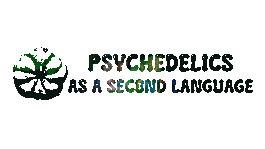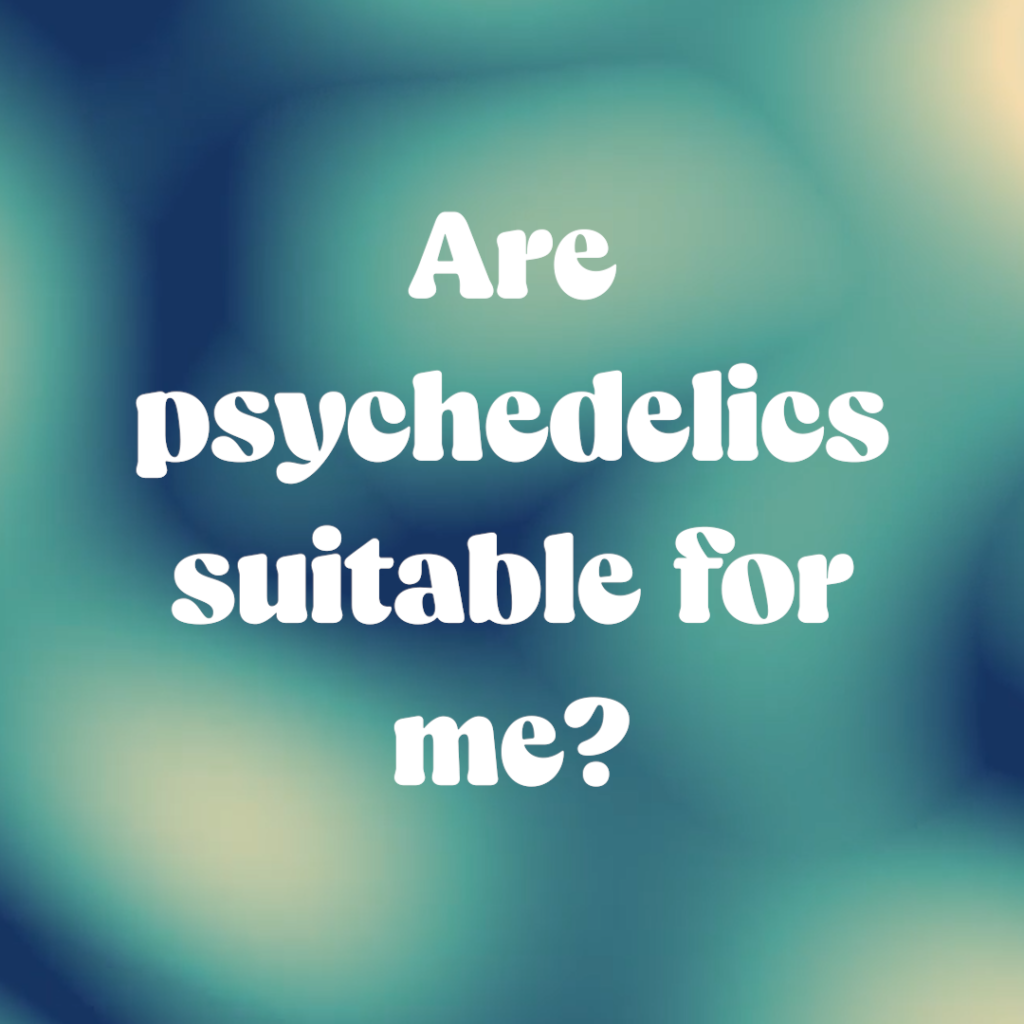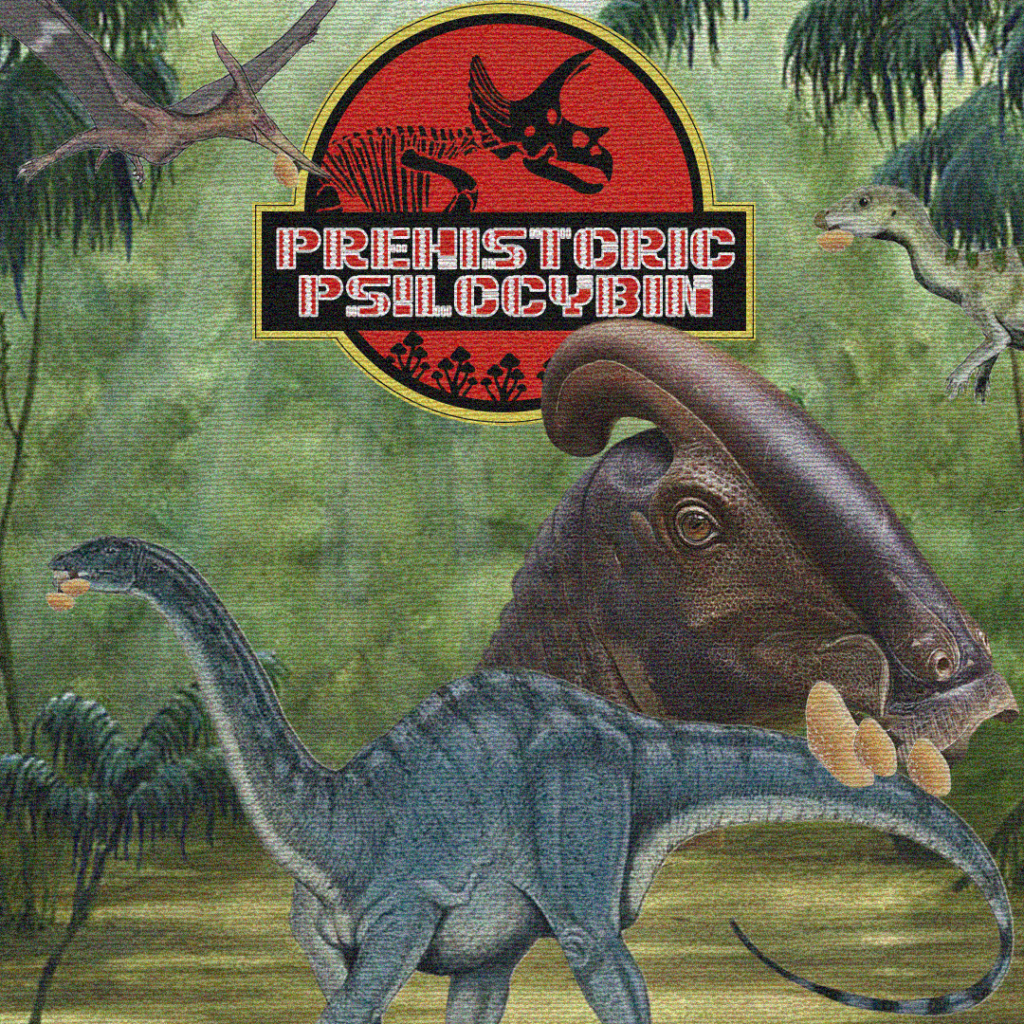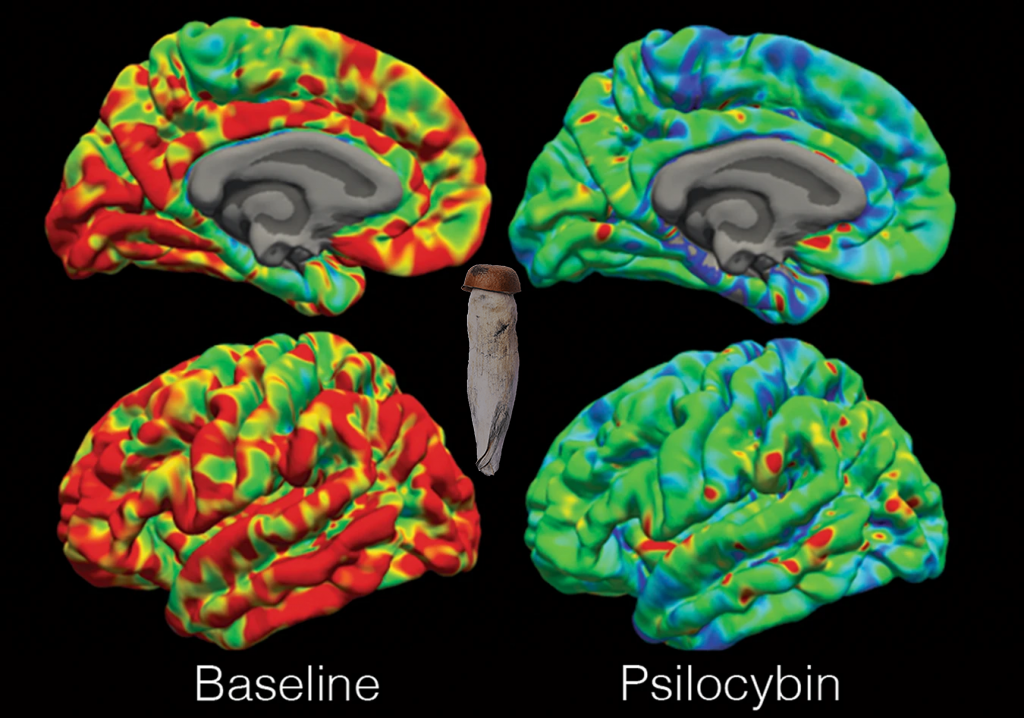Sleep is one of the most essential functions for the survival of every species. Unfortunately, the presence of social media, and the need for productivity lead to augmented stress, impacting our sleep schedules and quality of sleep.
To fight stress, we often pick up habits such as smoking, drinking alcohol, overusing coffee breaks as an escape, using substances such as Cannabis, or even throwing ourselves into the microdosing quotidian.
Despite the benefits of these compounds, plenty of these substances reduce the quality of sleep even further.
For this reason, Apollo Neuro released its own Wearable.
This wearable addresses the root of stress and anxiety, the nervous system.
Apollo Neuro works as touch therapy by delivering gentle, soothing vibrations, called Apollo Vibes, like music your body can feel reducing stress and helping you relax to fall asleep.








